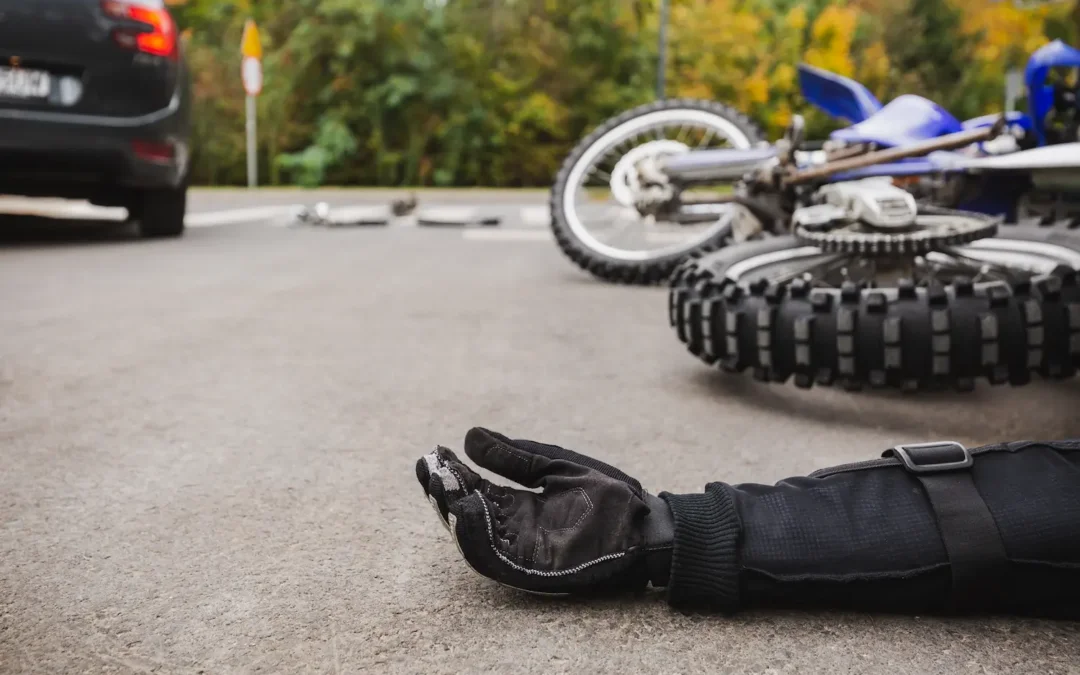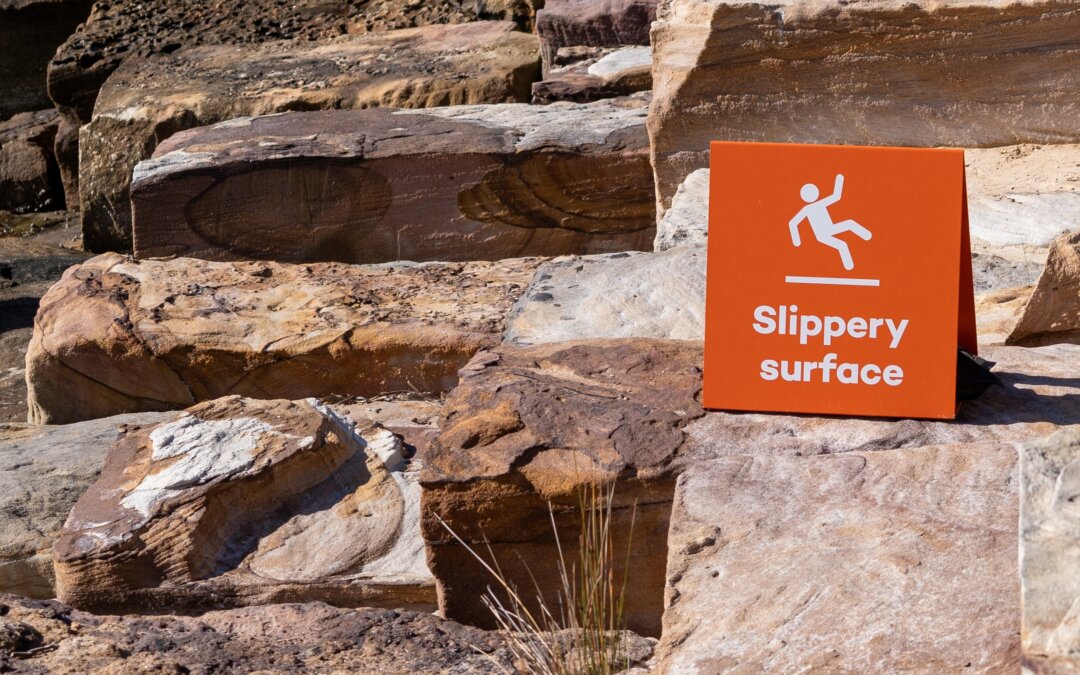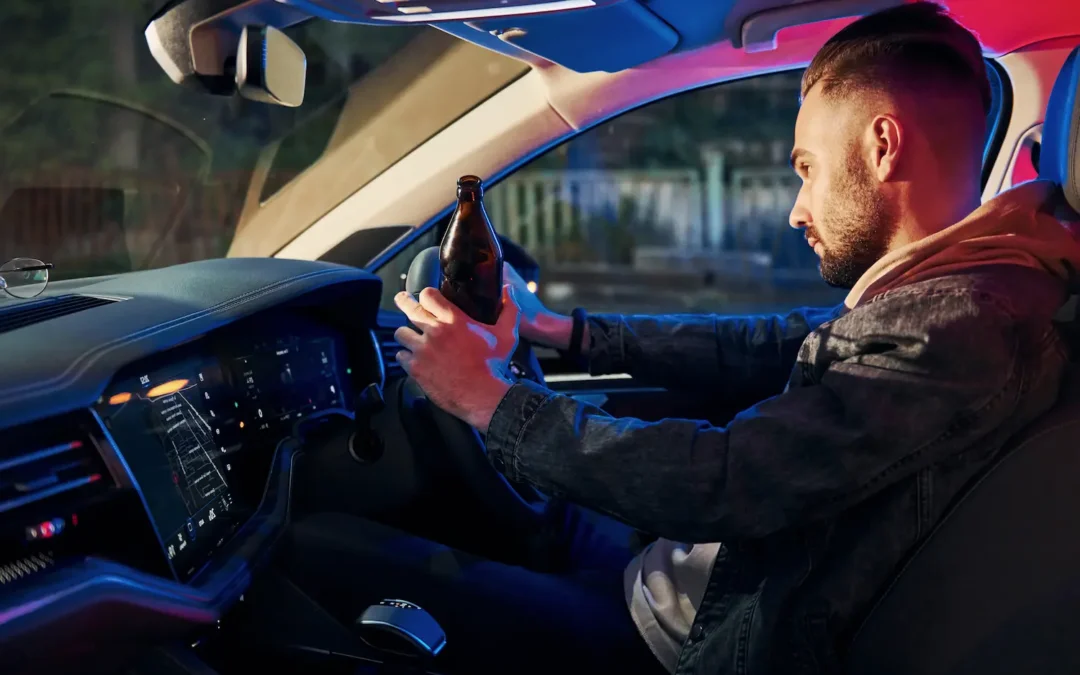Accidents happen, and when they do, you might find yourself asking: Do I need a police report for this car accident? While not every car accident legally requires a police report, there are strong reasons why it’s almost always in your best interest to have one. Whether it’s a fender bender or a more serious collision, a police report can serve as crucial documentation that can support any legal or insurance claims that may arise later. Let’s break down when and why a police report is essential after a car accident.
When Are Police Reports Legally Required?
In many states, a police report is mandatory if certain conditions apply to the accident, such as:
Injury or Fatality: If anyone involved in the accident is injured or killed, it’s generally required by law to report the incident to the police.
Significant Property Damage: If the damage to any vehicle or property exceeds a specific dollar amount, usually $500 or $1,000, you are legally obligated to report it.
Hit-and-Run Accidents: Anytime a driver flees the scene of an accident, calling the police is essential to create an official record and assist in any investigation that may follow.
While these are typical requirements, it’s wise to check local laws, as regulations vary by state and sometimes even by city. Even if the accident doesn’t meet any of these conditions, filing a police report can still be advantageous.
Why a Police Report Can Help You
Even in cases where the law doesn’t require it, a police report can serve as a powerful piece of evidence if you need to file an insurance claim or if the accident leads to legal proceedings. Here’s how:
Proof of Incident
A police report provides a documented, unbiased account of the accident. Without it, it’s your word against the other driver’s, which can complicate matters if you and the other driver have conflicting stories. A police report establishes an official record that can strengthen your claim.
Detailed Documentation
A police officer’s report usually includes:
- Date, time, and location of the accident
- Names and contact information of all parties involved
- Description of the vehicles and any damages
- Statements from drivers, passengers, and witnesses
- A diagram or description of how the accident occurred
Having this level of detail can make it easier to determine fault and assess damages accurately.
Essential for Insurance Claims
Many insurance companies require a police report to process a claim, especially if the accident involved injuries or substantial property damage. Even in cases where the other driver initially admits fault, they could later change their story, potentially leading to claim denial without a police report to back up your account.
Protects Against Fraud
In the unfortunate event of insurance fraud, a police report can protect you. There have been cases where individuals fabricate injuries or inflate damage costs in an attempt to claim compensation. A police report can help verify the real circumstances of the accident, discouraging fraudulent claims against you.
Assists with Legal Proceedings
If the accident results in a lawsuit, having a police report will serve as critical evidence. Courts tend to view police reports as more credible since they are completed by a neutral third party who has been trained to investigate and document incidents accurately.
How to File a Police Report After a Car Accident
If you decide to file a police report, it’s essential to know how to go about it effectively:
Contact the Police at the Scene
If possible, call the police immediately after the accident occurs. In many cases, officers will arrive, assess the situation, and fill out a report on-site. This method ensures that the details are fresh and accurately documented.
Visit a Police Station
If you’re in a minor accident where calling the police on-site isn’t feasible, you can still visit a police station later and file a report in person. Be prepared to provide all relevant details and any evidence you collected, such as photos or witness contact information.
File Online (Where Available)
Some police departments allow drivers to file accident reports online. Check your local law enforcement’s website for this option. Online reports can be especially convenient if the accident is minor and you’re unable to go to a station.
What to Do If the Other Driver Doesn’t Want to Involve the Police
In minor accidents, it’s common for one party to suggest resolving the matter privately to avoid insurance premiums going up. While this might seem like a convenient solution, it’s risky. Without a police report, you may lack essential documentation if:
- The other driver changes their version of events.
- Injuries become apparent days or weeks later.
- The other driver decides to involve their insurance company after all.
Politely explain that having a police report is standard procedure and benefits both parties by providing an unbiased record of the accident.
What Happens If You Don’t File a Police Report?
If you skip filing a police report, it can impact your ability to claim insurance, establish fault, or protect yourself legally. Most insurance companies expect prompt reporting and might even deny claims if no police report is filed. Without documentation, the claims process becomes more challenging, and you may find yourself shouldering costs that could otherwise be covered.



